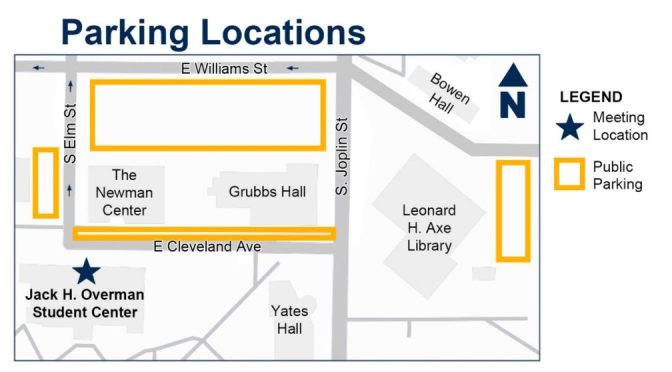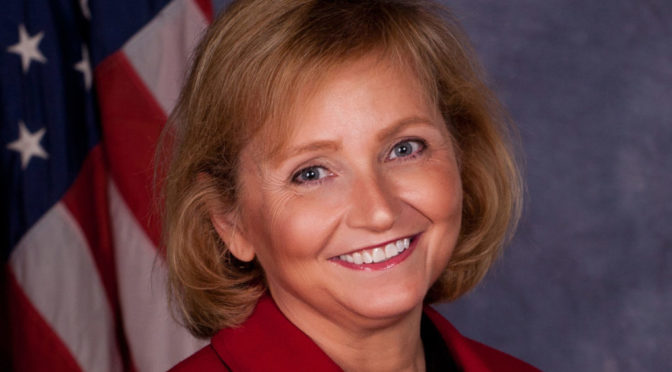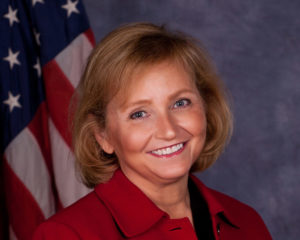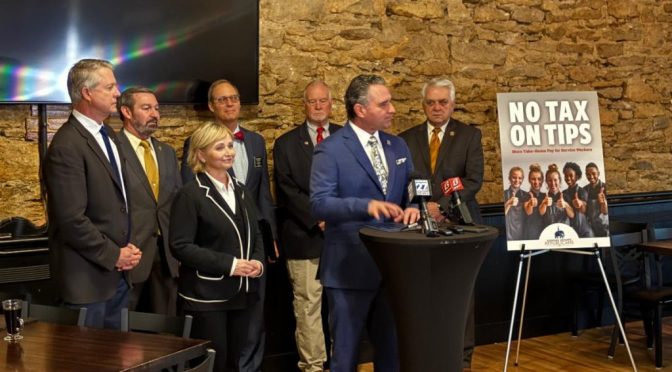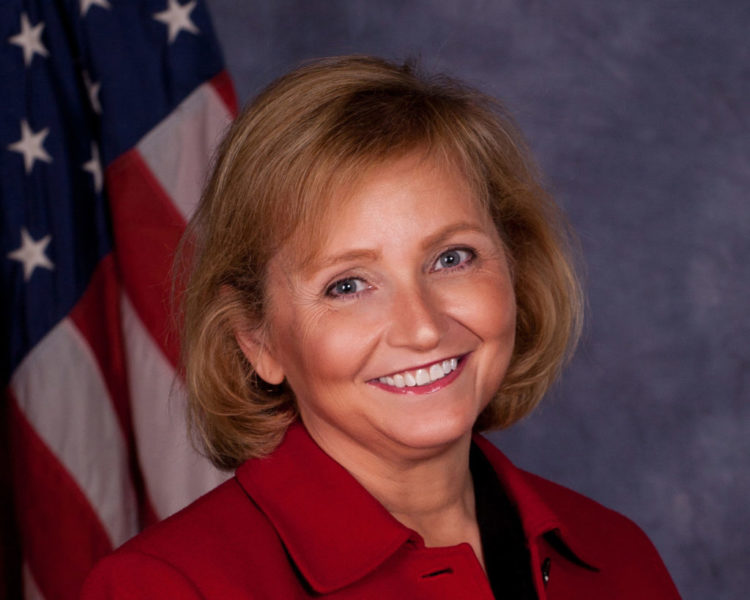Lt. Governor Toland Announces More Than $4 Million Available in Community Service
Tax Credit Program
TOPEKA – Lieutenant Governor and Secretary of Commerce David Toland today announced $4.13 million in tax credits will be made available under the Kansas Department of Commerce’s Community Service Tax Credit Program (CSP).
“Revitalizing our communities and state requires targeted investments that make people want to live and work in Kansas,” Lieutenant Governor and Secretary of Commerce David Toland said. “CSP supports communities by substantially reducing the cost for donors to make contributions to charitable organizations that help fund important local projects.”
The Community Service Tax Credit Program provides an opportunity for private, non-profit organizations and public healthcare entities to improve their ability to undertake major capital campaigns involving community service, non-governmental crime prevention, youth apprenticeship and technical training, and healthcare services.
Under the program, the state authorizes nonprofit organizations to offer tax credits to donors that make contributions towards approved projects. Organizations are chosen through a competitive selection process in which applications are thoroughly analyzed to determine award sizes and final awardees.
Proposed projects must be unique or one-time in nature while creating lasting value for charitable organizations. Projects could include a capital campaign, major equipment purchase, major renovation, capacity building and more.
Applications will be open March 1 through April 30. Those applying may request up to $200,000 in tax credits. Applicants in rural communities of less than 15,000 population are eligible for a 70% credit. Those applicants not located in rural areas are eligible for a 50% credit.
If your organization is interested in applying for CSP, the Department of Commerce will host an introductory webinar at 1:00 p.m. Thursday, February 27. For more information and to register for the webinar, click here.
For questions regarding CSP, contact Quality Places Specialist Miranda Carpenter by email or call (785) 940-0626.
About the Kansas Department of Commerce:
As the state’s lead economic development agency, the Kansas Department of Commerce strives to empower individuals, businesses and communities to achieve prosperity in Kansas. Commerce accomplishes its mission by developing relationships with corporations, site location consultants and stakeholders in Kansas, the nation and world. Our strong partnerships allow us to help create an environment for existing Kansas businesses to grow and foster an innovative, competitive landscape for new businesses. Through Commerce’s project successes, Kansas was awarded Area Development Magazine’s prestigious Gold Shovel award in 2021, 2022, 2023 and 2024, and was awarded the 2021 and 2022 Governor’s Cup by Site Selection Magazine.
###
